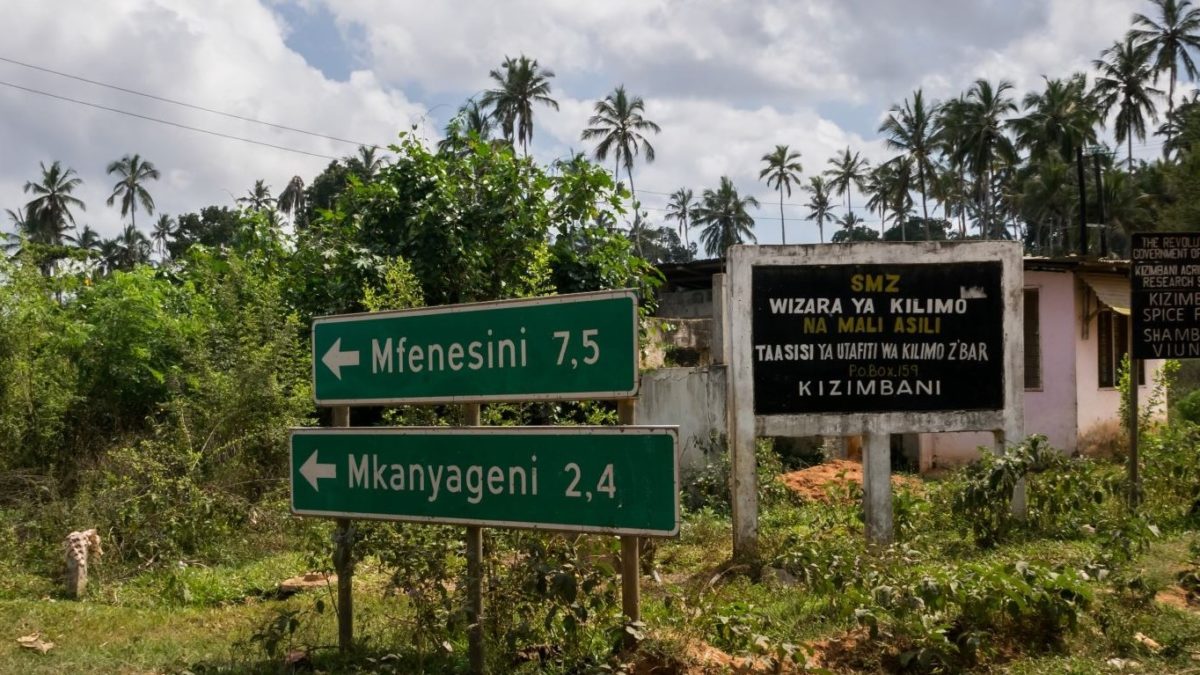
Navigating the Covid-19 Crisis in Africa
Notes from the Managing Director’s Desk
We at Africa Integrity send our very best wishes to readers in these challenging times. I would add ‘extraordinary’ but, increasingly, the extraordinary has become the ordinary, as we have adjusted to a new normal. So, I hope this is an appropriate time to take stock of the Covid-19 crisis in Africa.
First, the good news. At the time of writing, there have been fewer that 35,000 confirmed cases of Covid-19 across Africa, a continent of 1.2 billion people. And, for now, the concentration of cases appears to be in northern Africa and South Africa. I won’t speculate as to reasons behind this apparently low comparative rate of infection: we can only pray that the figures are broadly accurate and that the situation does not worsen.
It is also encouraging that many African countries were swift to implement lockdowns and social distancing measures, policies which may well have helped contain the outbreak. And the pandemic may have brought some fractious political systems together; a phenomenon in Tunisia that is examined by Sami Zahed below.
But there is bad news too. A handful of regimes appear to have exploited the crisis to contain protests and oppositionists, for cynically political reasons. Michael Kearsey and Vincent Magombe write below about two such cases: Algeria and Uganda. Furthermore, as highlighted by Vincent, the grounding of much economic activity is having a tragic impact on many Africans already afflicted by poverty. This is not to mention the devastation wrought on economies such as Nigeria and Angola by the dramatic fall in oil prices. When we finally emerge from this crisis, a resumption of inward investment will be vital to resurrect many African countries.
For our part, we have continued to operate at full capacity throughout the lockdown. In April, we completed projects in diverse countries, including Kenya, South Sudan, Madagascar, Comoros Isles, Ghana and Cameroon. Of course, restrictions on face-to-face contact make life for our investigators harder. But they are a tenacious and imaginative bunch and we will continue to deliver on clients’ requirements. It may just take us a short while longer than usual.
We also have a suite of offerings to help clients navigate their way through the crisis, including tailored monitoring of Covid-related legislative and regulatory changes in African countries that may have an impact on insurance, contractual and logistical arrangements. And we are developing our thoughts about fresh opportunities for investment in Africa post-crisis. Please contact us for more details.
Finally, we are keen to do our bit at this difficult time. You may have relatives, friends or colleagues in parts of Africa, cut off from support networks and unable, for now, to return home. If so, our wide network of investigators in Africa may be able to offer them practical advice or other assistance. If you know someone in this position, please contact me. We shall offer whatever help we can – gratis, of course.
In the meantime, please stay safe and well with your families.
Julian Fisher
This article originally featured in Africa Integrity’s April 2020 Newsletter. To join our newsletter mailing list, please contact us.